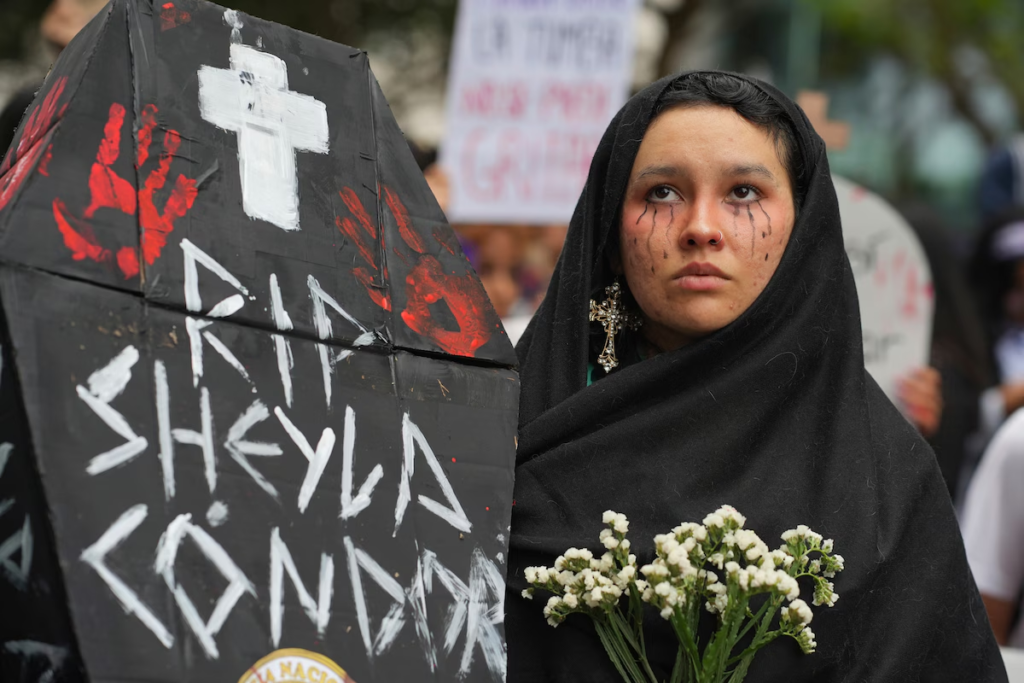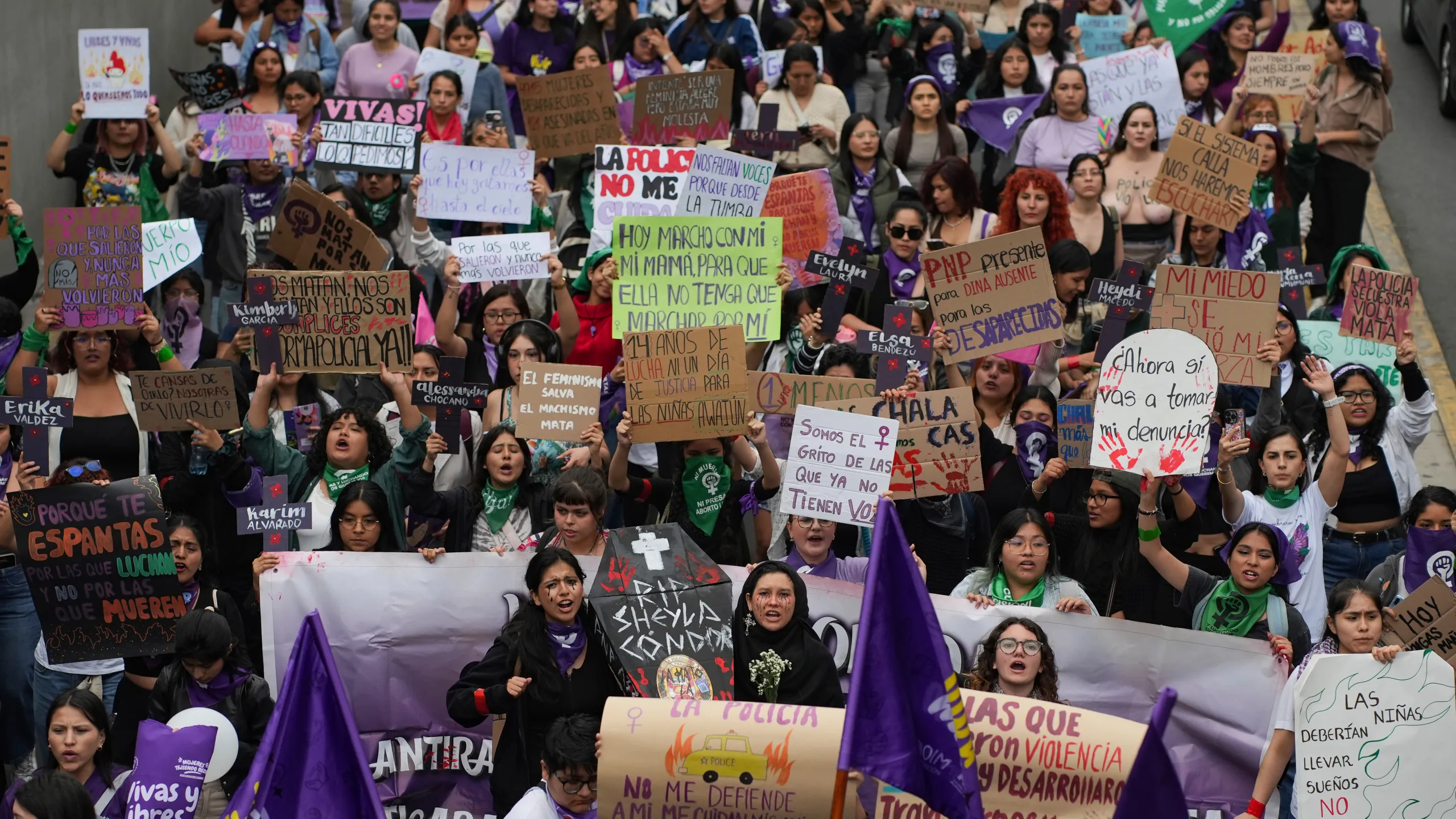The staggering reality of violence against women persists globally, with the United nations shedding light on an unsettling crisis that continues to devastate communities worldwide. According to a recent UN report, an estimated 140 women and girls are killed daily by intimate partners or family members.
These findings emphasize that, despite ongoing efforts to combat gender-based violence, the home remains the most dangerous place for many women.
Released to mark the 25th anniversary of the International Day for the Elimination of Violence Against Women, this report is a sobering reminder of the work still needed to ensure the safety and dignity of women globally.
A Persistent Global Crisis
The UN report paints a grim picture: in 2023 alone, 85,000 women and girls were intentionally killed by men. Of these, 60%, or approximately 51,100, were murdered by someone they knew—partners or family members. This statistic underscores a chilling reality: the very spaces meant to provide safety and comfort often become sites of violence and fear.
Africa recorded the highest rates of intimate partner and family-related femicides, with 21,700 women killed. This was followed by the Americas and Oceania, where the numbers, though lower, reflect a similarly alarming trend.
In Europe and the Americas, the majority of femicide cases involved intimate partners, accounting for 64% and 58% of cases, respectively.
Read : Duncan Creates Dancing Stickman by Running Over 1100 Kms for a Year!!
Conversely, in regions like Africa and Asia, women were more likely to be killed by family members rather than partners. This disparity highlights how cultural and social dynamics shape the forms of violence women face.
Read : India Contributed $1 Million to Continue Promotion of Hindi Language at UN
Secretary-General António Guterres described this ongoing crisis as an “epidemic of violence that shames humanity.” His call for urgent action reflects a global consensus that the current measures are insufficient.
There is a critical need for robust legislation, improved data collection, and increased support for women’s rights organizations to address this pervasive issue effectively.
Challenges in Data Collection and Accountability
One of the most significant obstacles in combating femicide is the lack of consistent and comprehensive data. In 2023, only 37 countries reported data on intimate partner and family-related femicides, a sharp decline from 75 countries in 2020.
This data gap presents a significant challenge for global efforts to monitor trends and enforce accountability. Without accurate data, it becomes difficult to understand the full scope of the problem or develop targeted interventions.
UN Women Executive Director Sima Bahous highlighted the importance of data collection in addressing violence against women. She emphasized that violence is not inevitable but preventable with the right measures.
“Robust legislation, improved data collection, greater government accountability, a zero-tolerance culture, and increased funding for women’s rights organizations and institutional bodies are essential,” she noted.

Ghada Waly, Executive Director of the United Nations Office on Drugs and Crime (UNODC), echoed this sentiment, stressing the need for strong criminal justice systems. These systems must hold perpetrators accountable while ensuring adequate support for survivors. Safe and transparent reporting mechanisms are crucial to achieving this goal.
The decline in data reporting is concerning, especially given the rise in intimate partner and family-related femicides. This trend suggests that the problem may be even more widespread than current figures indicate.
Governments and international organizations must prioritize data collection and transparency to create effective policies and interventions.
Prevention and Advocacy
Addressing femicide requires a multifaceted approach that goes beyond legislation and law enforcement. Education and awareness campaigns play a crucial role in changing societal attitudes toward gender-based violence.
The 16 Days of Activism Campaign, which begins annually on November 25th, is one such initiative. It aims to raise awareness and mobilize action to end violence against women and girls.
Sima Bahous stressed the importance of fostering a zero-tolerance culture toward violence. This involves challenging deeply entrenched societal norms and attitudes that perpetuate gender-based violence. Education programs that promote gender equality and respect can help prevent violence before it starts.
Support for survivors is another critical component of this effort. Many women who experience violence face significant barriers to seeking help, including fear of retaliation, lack of resources, and social stigma. Providing safe spaces, counseling services, and legal support can empower survivors to break the cycle of violence.

Women’s rights organizations play a vital role in this process. They often provide essential services and advocate for policy changes. However, these organizations frequently face funding challenges. Increased investment in women’s rights organizations can strengthen their capacity to support survivors and advocate for systemic change.
International cooperation is also crucial. Violence against women is a global issue that requires a coordinated response. Countries must share best practices, collaborate on data collection, and hold each other accountable for protecting women’s rights. The United Nations can play a pivotal role in facilitating this cooperation and ensuring that violence against women remains a global priority.
The UN report serves as a stark reminder of the ongoing femicide crisis. While progress has been made in some areas, significant challenges remain. Addressing this issue requires a comprehensive approach that includes robust legislation, improved data collection, education, and support for survivors.
As the world observes the International Day for the Elimination of Violence Against Women, it is a time for reflection and action. The lives of countless women and girls depend on our collective efforts to create a safer, more just world.

